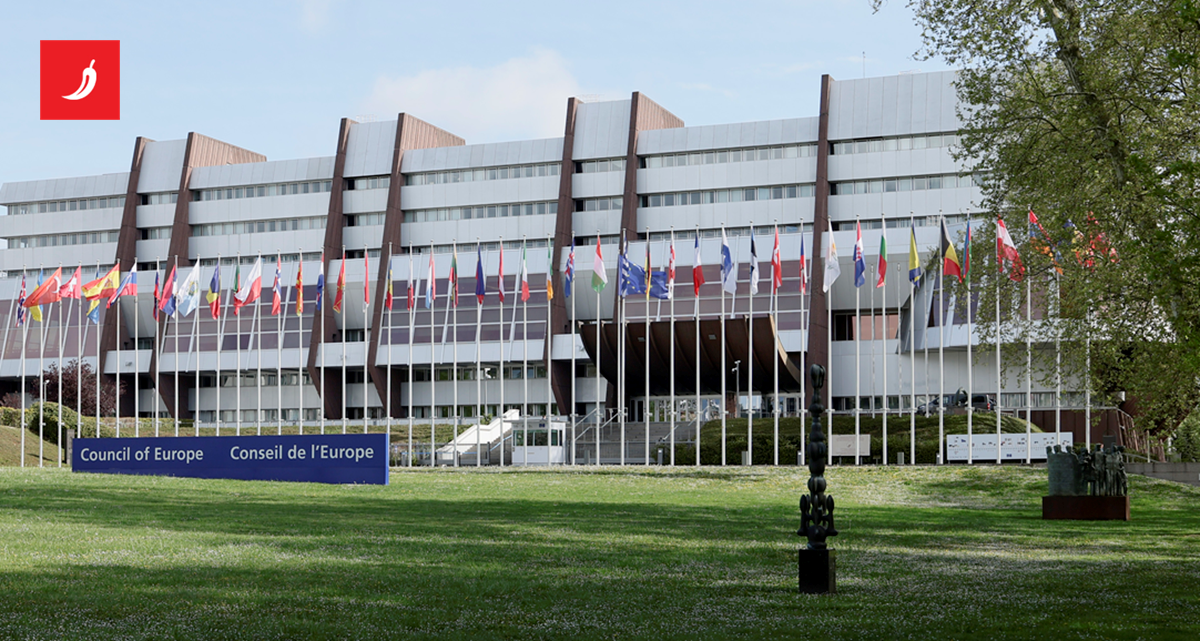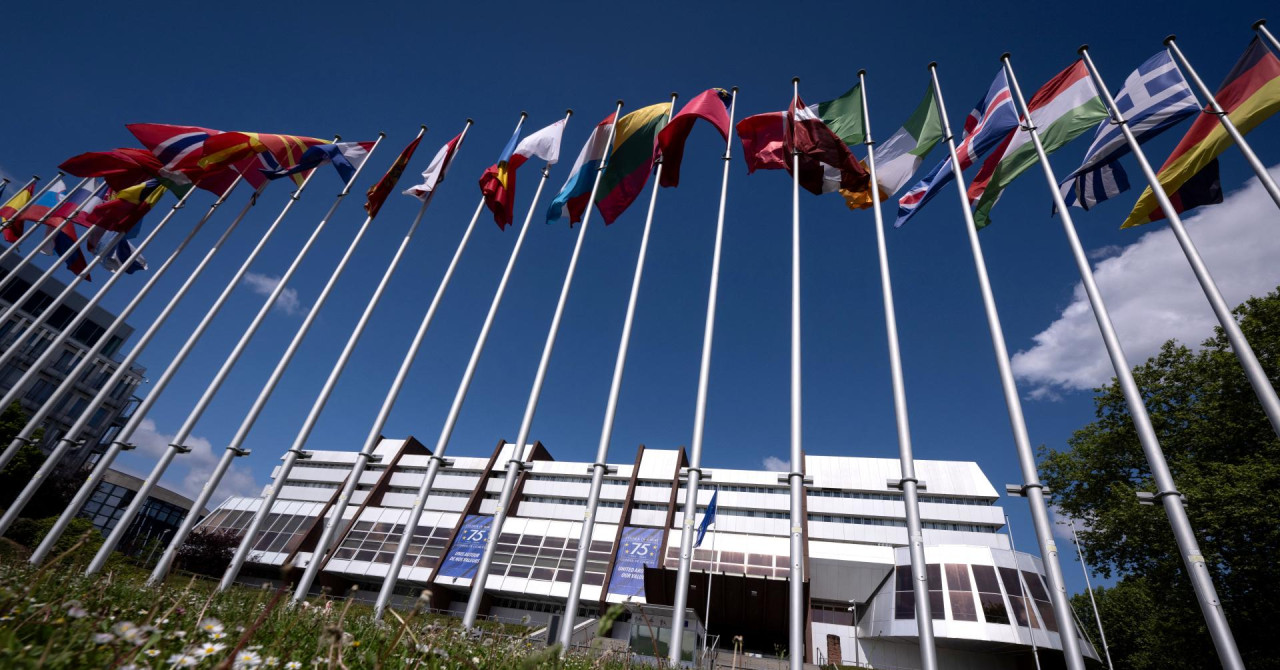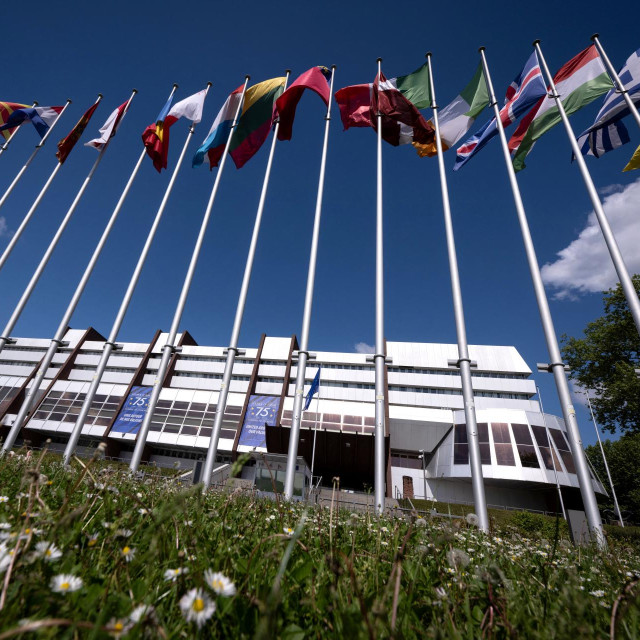The Council of Europe has warned Slovenia that it does not recognize Croatian as a minority language and has proposed its recognition alongside German and Serbian. The Committee of Experts emphasized the need to raise awareness in Slovenian society about minority languages, their history, and culture, as well as their presence in education and the media. Slovenia currently provides relatively high protection for Hungarian and Italian languages, but Croatian is not recognized as a minority language. The President of the Croatian Parliament, Gordan Jandroković, discussed with his Slovenian counterpart the improvement of the status of the Croatian minority in Slovenia, highlighting that the Slovenian constitution recognizes only two autochthonous minorities — Italians and Hungarians, but that the status of Croats in Slovenia should be improved and that they should have the maximum possible rights in accordance with Slovenian legislation.
Political Perspectives:
Left: Left-leaning outlets emphasize the human rights aspect of recognizing minority languages, focusing on cultural diversity, inclusion, and the protection of minority communities. They highlight the need for Slovenia to respect the rights of the Croatian minority and promote multiculturalism and linguistic rights as part of broader social justice.
Center: Center-leaning sources report the facts of the Council of Europe’s recommendations and the diplomatic discussions between Croatia and Slovenia. They focus on the legal and political frameworks, the constitutional limitations in Slovenia, and the ongoing dialogue to improve minority rights without taking a strongly critical or supportive stance.
Right: Right-leaning media stress national sovereignty and constitutional order, emphasizing Slovenia’s current legal framework that recognizes only two autochthonous minorities. They may highlight the importance of respecting national laws and caution against external pressure, while also acknowledging the need for dialogue to improve minority rights within existing legal boundaries.












